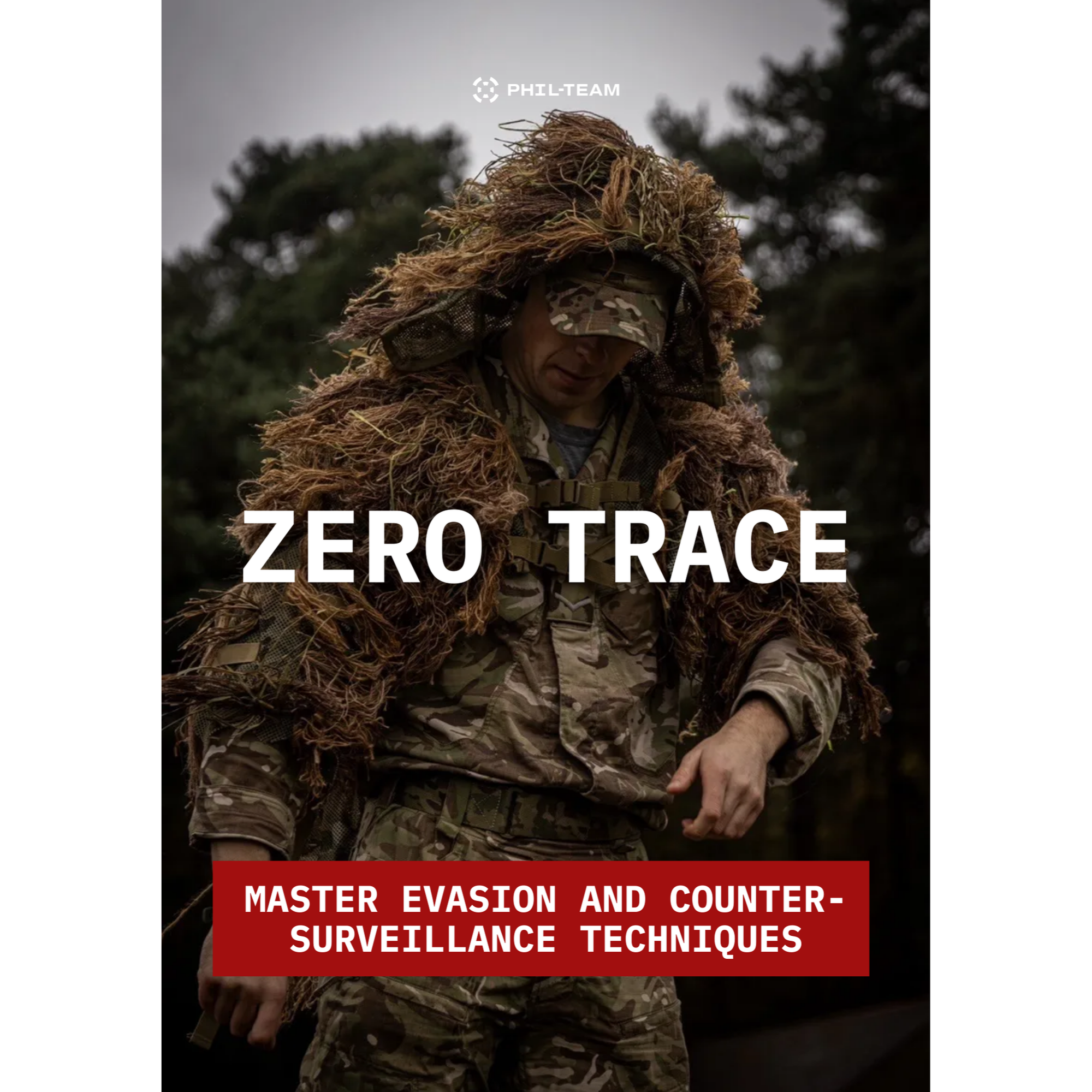Contractors: today's mercenaries?
Private Military Companies ( PMCs ) operate on behalf of companies, NGOs, or governments, providing security and/or defense services.
Formerly known as mercenaries, contractors have become the "legal" form of the profession. They are the ones employed by military companies to fulfill contracts. Politically , contractors generally operate in conflicts alongside states, unlike mercenaries who can be on the side of states or insurgents.
Previously unpopular, this very specific profession is becoming increasingly legalized in France. While already very popular and accepted in Anglo-Saxon countries, within France, contractors are seeing their profession recognized for carrying out maritime protection missions, particularly against piracy.
By the end of this article, you will know how to become a contractor, what kind of mission a private military contractor can be hired for, and why this profession is so controversial.
How to Become a Private Military Personnel?
You don't have military training but still want to become a contractor? The pay seems exceptional and motivates you to take the plunge. Let's first make an objective list of what you can expect if you make this choice.
The majority of men in this profession are former military personnel. Why? Field experience and combat experience cannot be taught. Yes, training programs exist, but they are often quite expensive and offer little guarantee of employment upon completion.
You should be aware that this field is relatively closed. I doubt you'll find any job postings on Indeed or Pôle Emploi (the French public employment service) from companies offering to send you to Iraq to carry out a contract. The advantage former military personnel have is their network: the proximity of their profession allows them to interact with contractors or managers of these companies.
We're not questioning the training programs themselves, but ask yourself this: a company is faced with a choice between a man who has completed a 4- to 6-week training course and a former soldier who served for 5 years in an army regiment. Who do you think the private company will choose?
Certainly, the contracts are lucrative, and the pay attractive (some earn up to €10,000 per month). But you can well imagine that at that price, your life hangs by a thread.
If, despite these various aspects, you still wish to pursue this path, we can point you to several training programs available in France and abroad:
These different organizations will teach you a wide range of skills in a relatively short period: shooting, close protection, urban combat, hand-to-hand combat, safety and engagement rules, etc.

contractor for the well-known BlackWater Private Company
The Contractor's Missions
Private military companies are tasked with various missions.
Logistics
Contractors carrying out these types of missions are responsible for building equipment, supplying food and materials, and maintaining specialized equipment. To ensure maximum competence, private companies impose fairly strict selection criteria for prospective employees. They require mastery of specific skills.
Security
These missions are their core business. Nevertheless, these missions only concern a small percentage of contractors. These missions require a high level of expertise and are therefore not accessible to everyone. The scope of their operations ranges from facility surveillance to close protection of VIPs.
The Council & Tactical Assistance
Private military companies can offer combat simulation services. They can also act as tactical consultants, providing advice to their employers. Contractors sometimes also participate as combatants, in which case they are often considered mercenaries.
Intelligence
This highly strategic and sensitive sector is subject to a rigorous selection process for those wishing to undertake such operations. As this type of mission is prohibited in France, the CIA is primarily known for having outsourced this service to a private organization.
The controversy
These four main types of missions that contractors can undertake are the best known. This sector remains rather murky and highly controversial, hence the lack of information. For many in the military, they act like "cowboys," bounty hunters. In the public eye, they are seen as mercenaries, carrying out missions without regard for their moral implications. Since carrying out missions for money is their job, they are perceived as acting on the side of "good" as well as "evil."
Some private companies thus intervene in a barely disguised manner for lobbying, mining, diamond, or oil companies in unstable countries such as Sierra Leone, Angola, or the Democratic Republic of Congo (formerly Zaire). Their involvement with certain multinationals contributes to the prolongation of conflicts.
However, they are recognized as having excellent fighting qualities. Trained to carry out missions requiring a high degree of commitment, private companies spare no expense in training their personnel.

contractor on a close protection mission
In conclusion
Historically, mercenaries have always existed. Today, they are becoming increasingly popular, often with legal status. Their flexibility and ability to react quickly are assets that work in their favor. These qualities make them fighters increasingly employed to assist governments, even in certain conflicts.
However, the downside is undeniable: the lack of oversight of private military companies makes their existence controversial. For many, contractors are a breeding ground for abuse, given that no one controls the contracts they can award.















0 comments